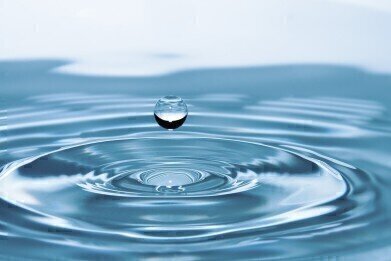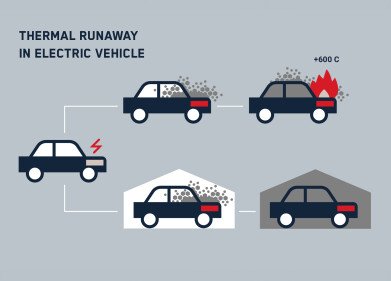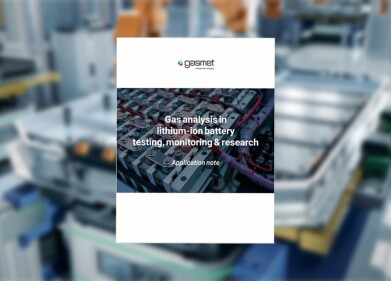Health & Safety
Where Is Mercury Found? - Water
Mar 31 2022
Mercury is a metallic element which is toxic to human health and detrimental to environmental wellbeing in high concentrations. The only heavy metal capable of taking liquid form, elemental mercury is sometimes dubbed ‘quicksilver’ – but although it may behave like water in some respects, it could not be more different from the substance known as the ‘staff of life’.
While H2O is essential to all living things on Earth, mercury is potentially deadly to them. Of course, the element is naturally occurring in our environment and small concentrations of it are found all throughout our ecosystems, including inside the human body. But when it is allowed to accumulate to dangerous levels, it becomes problematic. Over the course of the last 200 years, anthropogenic activity has destabilised mercury levels in the air, water and soil, with potentially catastrophic consequences.
How does mercury end up in water?
There are two principal ways in which mercury finds its way into our rivers, lakes and oceans. The first occurs when it is allowed to leach directly into an aquatic ecosystem from a point-source discharge, such as via irresponsible waste and wastewater management systems at mining sites, waste incinerator plants, power stations and other industrial facilities.
However, the lion’s share of mercury contamination in water occurs via atmospheric deposition. This involves airborne mercury particles in a gaseous state returning to their liquid form via rain, snow or other precipitation. Although there are natural sources of airborne mercury, such as volcanic ash, the concentration of atmospheric mercury has tripled since pre-Industrial times in remote parts of both the northern and southern hemispheres.
What happens next?
The majority of mercury which falls into water sources from the air is composed of inorganic compounds. However, when these are attacked and consumed by tiny bacteria and other microorganisms, they react with the carbon present in the animal and convert into organic mercury compounds. The most common of these is methylmercury.
Methylmercury is of particular concern due to its ability to travel large distances, its long half-life and the rapidity with which it can bioaccumulate in the food chain. Since fish, crustaceans and other marine-dwelling lifeforms cannot excrete the mercury, it simply builds up in their systems as they are consumed by larger predators. Eventually, it can end up on our own dinner plates, by which time it may have accumulated to a concentration high enough to endanger human health.
What are the consequences of water contamination with mercury?
Methylmercury poisoning is the most common form of mercury poisoning and can manifest itself via impairment of speech, hearing and eyesight, as well as reduced motor functioning and difficulty in breathing or swallowing. It can also damage the brain and kidneys, as well as being capable of traversing the placenta and infecting unborn babies while still in their mother’s womb. Once delivered, the child can go onto develop cognitive impairments and cerebral palsy, among other health complications.
At the same time, drinking water supplies can also become contaminated with excessive mercury contaminations and direct imbibement of these sources can result in mercury poisoning. While far less common, it’s still hugely important to monitor for mercury concentrations in drinking water supplies as a result. For more information on how this is done, the upcoming International Conference on Mercury as a Global Pollutant (ICMGP) is scheduled to take place virtually this July and will cover this question (and many others) in great detail.
Digital Edition
AET 28.2 April/May 2024
May 2024
Business News - Teledyne Marine expands with the acquisition of Valeport - Signal partners with gas analysis experts in Korea Air Monitoring - Continuous Fine Particulate Emission Monitor...
View all digital editions
Events
Jul 30 2024 Jakarta, Indonesia
China Energy Summit & Exhibition
Jul 31 2024 Beijing, China
2024 Beijing International Coal & Mining Exhibition
Aug 07 2024 Beijing, China
IWA World Water Congress & Exhibition
Aug 11 2024 Toronto, Canada
Aug 25 2024 Stockholm, Sweden and online









.jpg)








